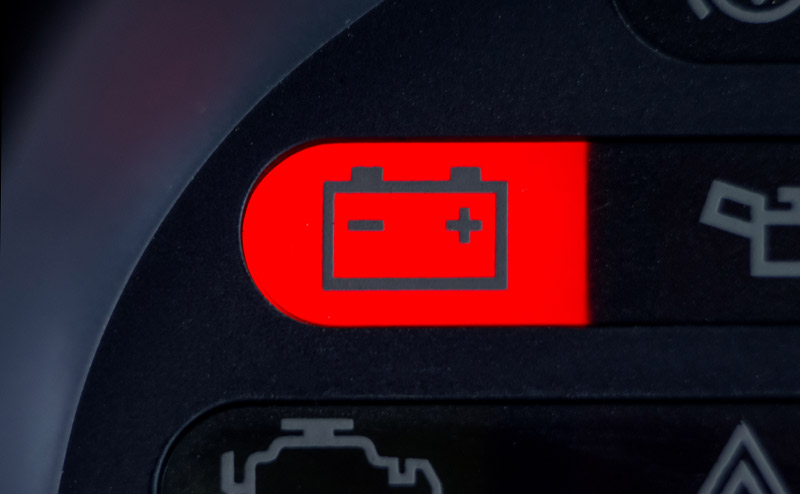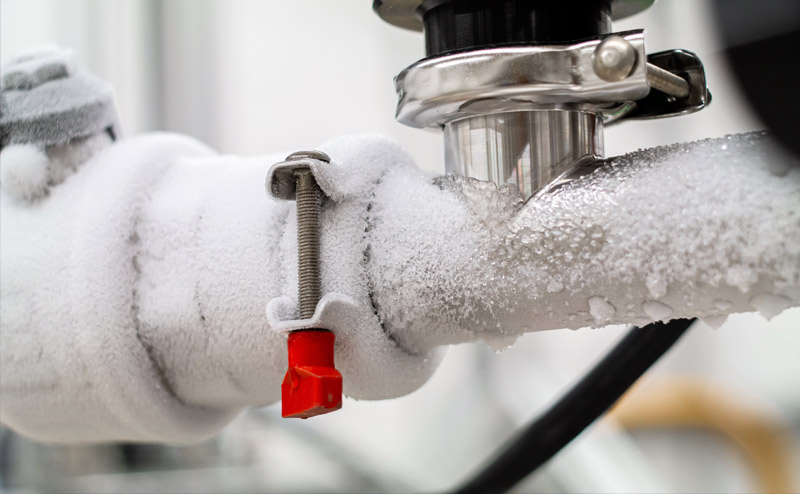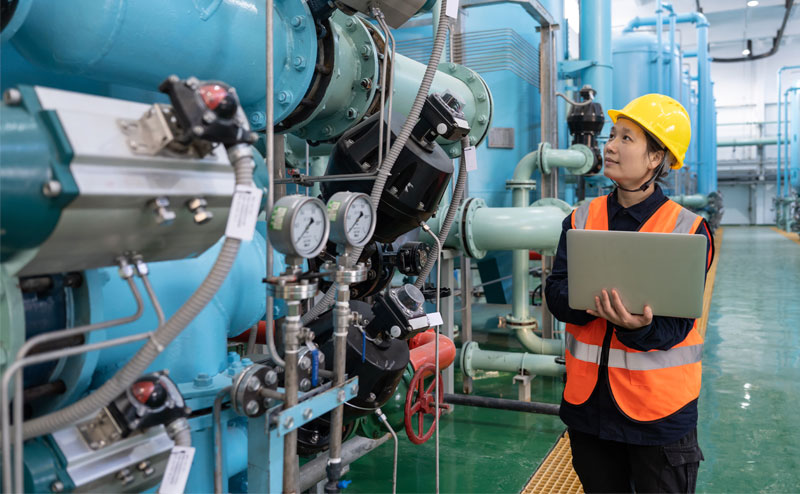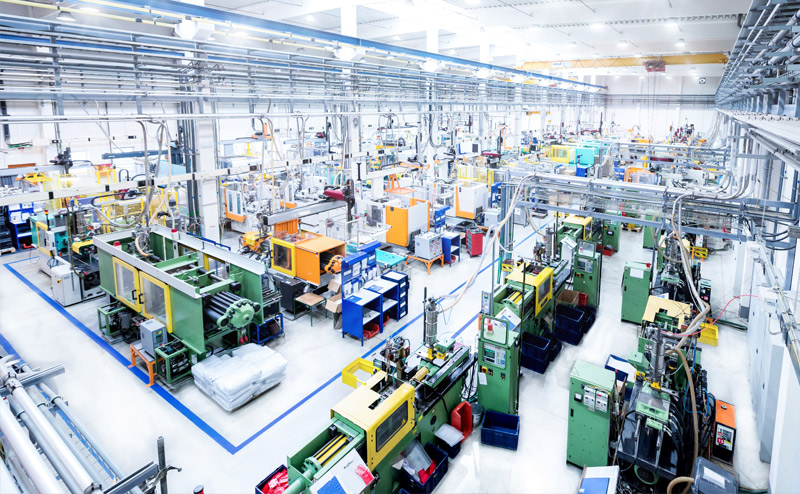Don't give winter maintenance the cold shoulder
According to the RAC Report on Motoring 2023, the worst quarter of the year for pothole breakdowns is the colder winter months from January to March. The primary cause of pothole formation in the UK is freezing and thaw cycles that weaken the road surface. Just like the colder conditions cause our roads to deteriorate, the cold weather has a similar effect on automation equipment.
Now, as we enter deep winter, it is important that plant managers prepare for the cold, particularly those working in exposed industries, such as agriculture, construction, waste and infrastructure.
Through Foxmere's extensive experience in supplying industrial parts, we advocate for a proactive approach that ensures the continued reliability and efficiency of equipment in the face of seasonally challenging weather.
Protect batteries from the cold
While cold weather is harsh on most industrial equipment, it can be especially problematic for equipment reliant on battery power.
The lower temperatures impact the electrolyte's conductivity and the chemical reactions responsible for generating electrical energy. As a result, battery-powered equipment experiences an increased discharge rate in colder conditions.
This accelerated discharge can lead to a more rapid depletion of the stored energy within the battery. Lead-acid batteries drop in capacity by 20% in normal to freezing conditions, according to Lifewire.

What's more, the cumulative effect of frequent and prolonged exposure to cold weather contributes to a gradual reduction in the charge potential of the batteries over time. Therefore, it is important to keep batteries warm and fully charged, or over 75%, during winter. Where possible, you can also implement temperature control measures, such as insulation or heating systems, for battery compartments.
Additionally, I'd recommend adopting a strategic maintenance schedule. This should include regular battery checks to recognise the symptoms of a tired battery and replacement parts to ensure the continued reliability of battery-powered equipment and minimise the risk of unplanned downtime.
Warmup time
Wires, hydraulics and pipes are also especially vulnerable in colder conditions.
The cold weather can induce stress on these components, rendering them more brittle and susceptible to cracking or bursting. To mitigate the risk of damage from cold-induced stress, it's advisable to implement a warmup routine for industrial equipment.

This means that the equipment has sufficient time to reach its optimal working temperature before start-up and equipment, comprising of wires, hydraulics and pipes, can regain flexibility, reducing the possibility of cracks or bursts.
Regular warmups not only increase your equipment's efficiency but also lengthen its lifespan too.
The power of predictive maintenance
Preventative care is the backbone of equipment longevity and resilience. A recent study has shown predictive maintenance could save between 18 to 25% on maintenance expenditure.
Through continuous monitoring of key parameters, predictive maintenance systems offer early detection of stress caused by winter conditions.

What's more, temperature sensors can provide insights into components operating outside their optimal range, enabling swift responses to address temperature-related efficiency challenges.
For example, with corrosion monitoring, predictive maintenance tools assess the impact of winter moisture on exposed components, ensuring that plant managers can pre-emptively address corrosion and extend the lifespan of equipment.
Storage
It is also important to keep industrial equipment stored properly during the winter months to avoid ingress. If moisture from rain, snow or frost gets into the equipment it can affect the cabling of machinery and potentially lead to electrical malfunctions or corrosion.
Proper storage facilities equipped with weather-resistant coverings or enclosed spaces can shield equipment from the elements and mitigate the risk of moisture ingress. This precautionary measure is particularly crucial in regions like the UK, where winter months are characterised by heightened precipitation.

Preparing industrial equipment for winter is a crucial task that requires a combination of strategic planning, regular maintenance and correct storage. By implementing these recommendations, industrial plant managers can navigate the winter months with confidence, ensuring the resilience and longevity of their equipment.
The winter care required for industrial equipment echoes the diligence needed for our roads, both facing the brunt of freezing conditions. Just as road maintenance ensures smooth commutes, industrial plant managers must adopt a proactive stance, implementing measures that prevent cold-induced stress on industrial equipment to save the expenses of downtime and repairs.
To find out more or to source reliable parts to get you through the upcoming winter months, contact us today.


